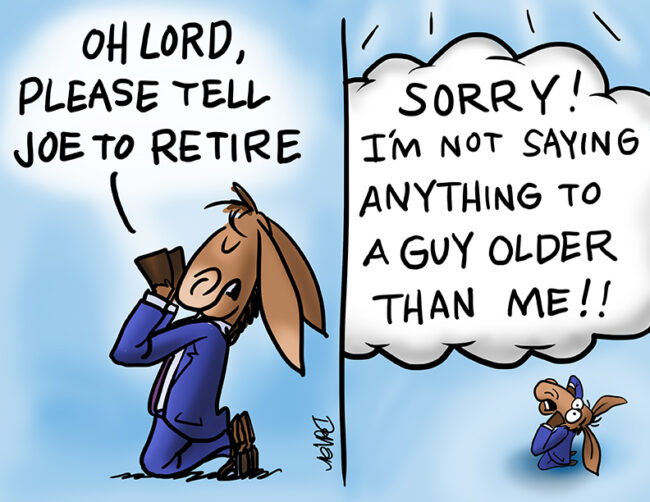Zion and Sovereignty: The Unyielding Claim to Jerusalem and the Perils of Historical Erasure
The tragic attack on Be’eri kibbutz underscores the ruthless tactics used by Hamas, hiding behind civilians while carrying out brutal acts under the guise of “freedom fighting.” This assault exemplifies the extremist ideology shared by groups like Hamas, Hezbollah, and Islamic State, which often prioritize eradication of Israel over peace efforts. Anti-Zionist rhetoric, which resonates globally and is fueled by misinterpretations of history, neglects the historical and biblical significance of Jerusalem and Mount Zion as the heart of Israel. Attempts to shift Israel’s capital from Jerusalem to Tel Aviv mirror the absurdity of asking unified Germany to abandon Berlin as its capital.






